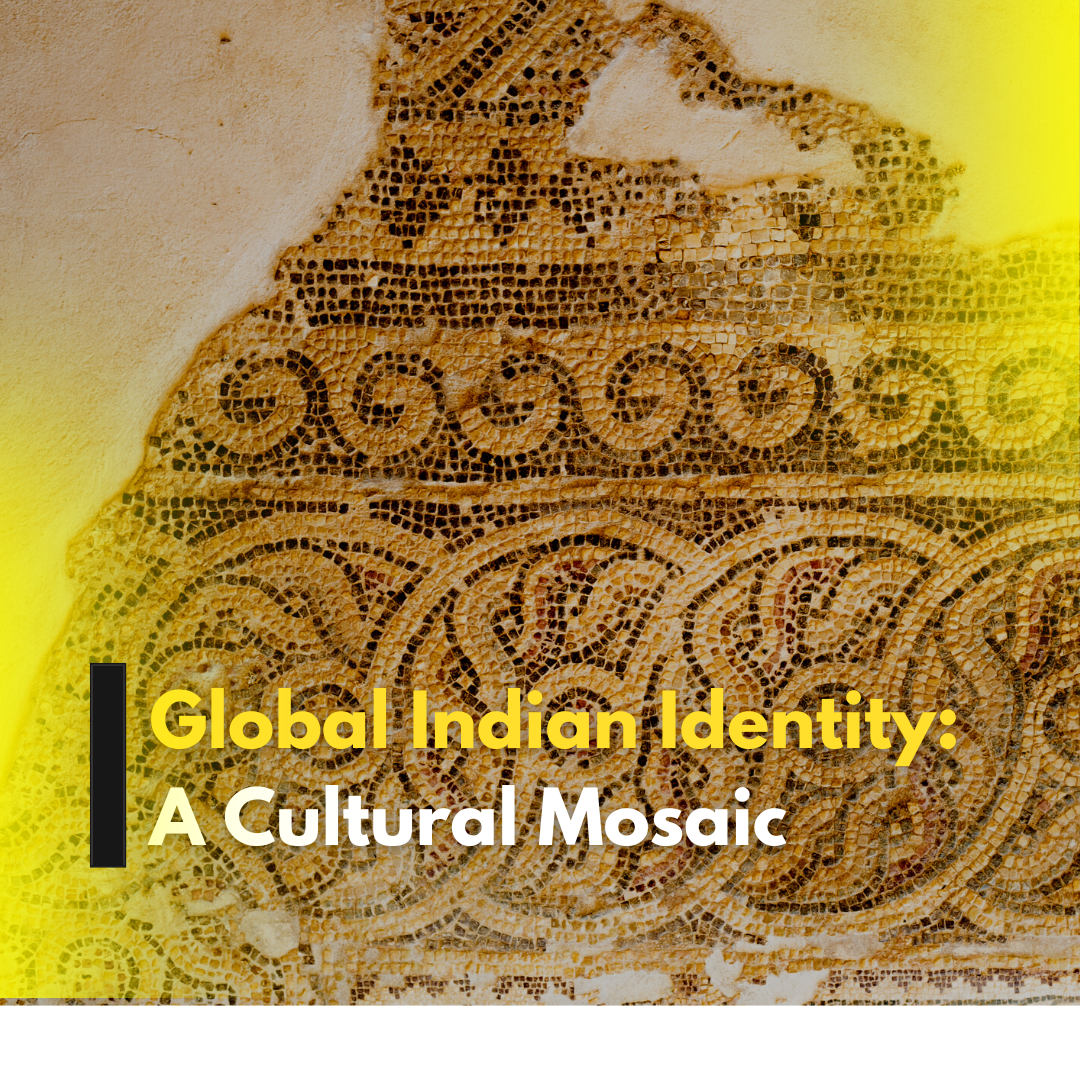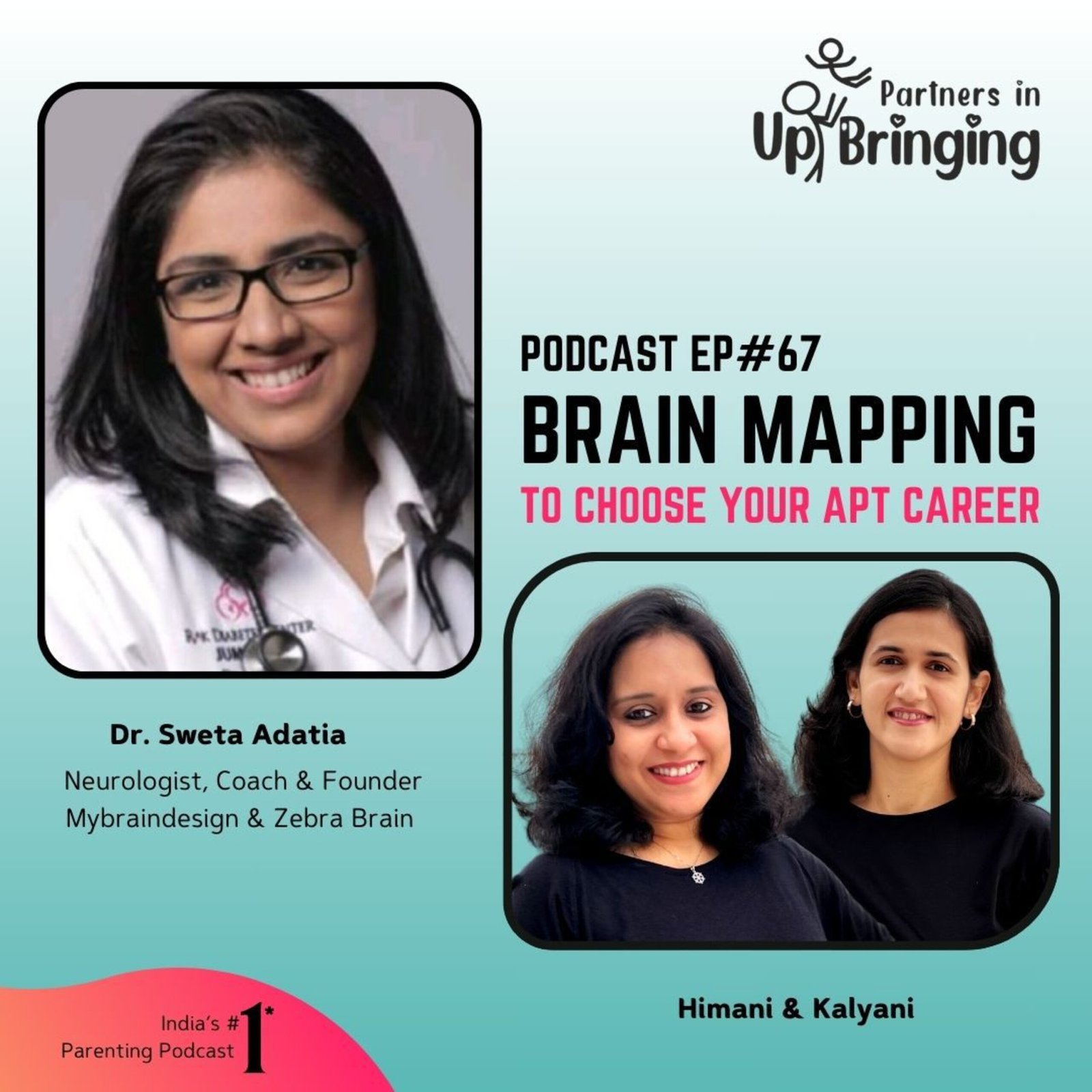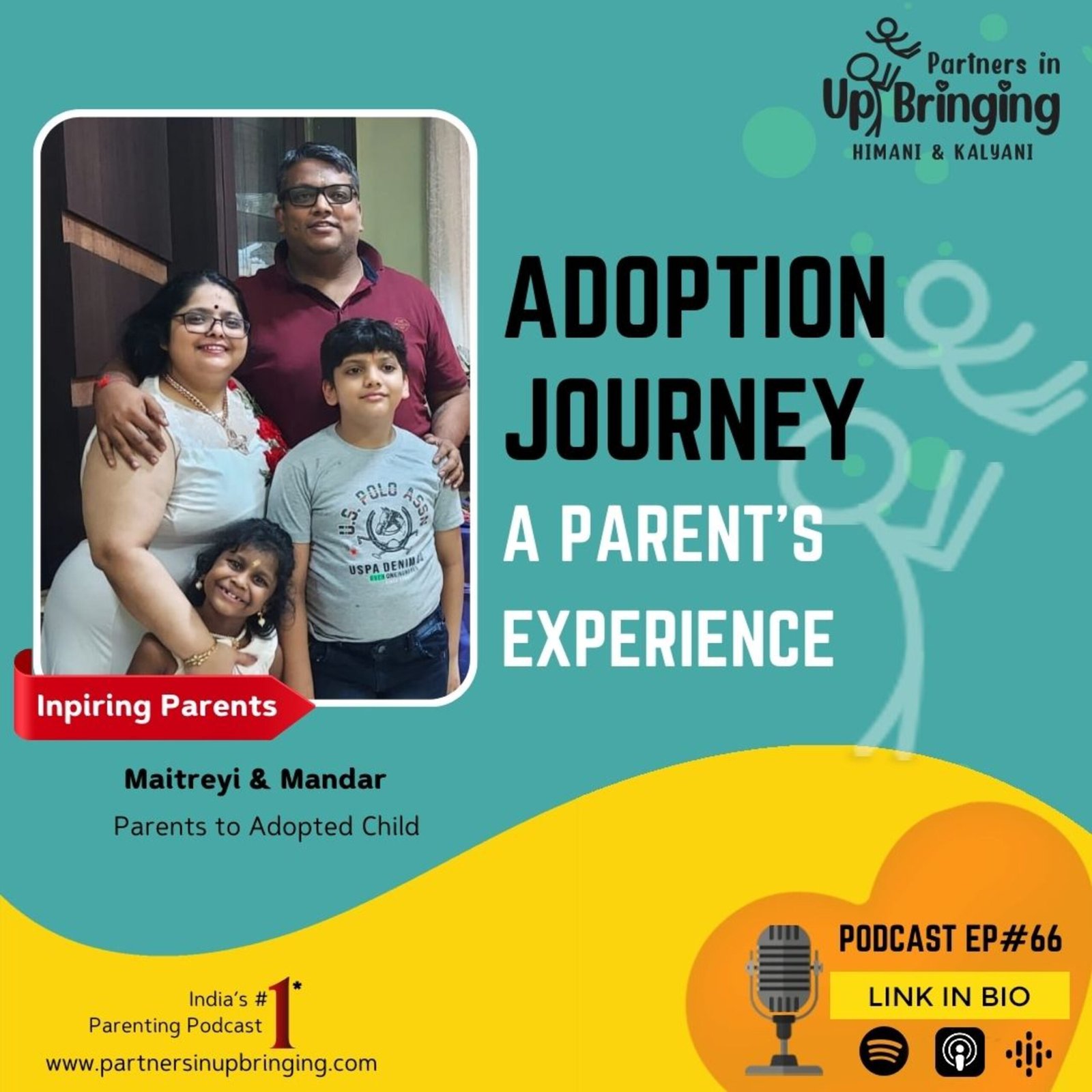Global Indian Identity: A Cultural Mosaic — The Indian diaspora is one of the largest in the world, with millions of people of Indian descent living in countries all over the globe. This has led to the creation of a global Indian identity that is diverse and multifaceted, reflecting the many cultures, languages, and traditions of the Indian subcontinent.
The core of the global Indian identity is a shared history, culture, and heritage that is rooted in the ancient civilizations of the Indus Valley and the rich cultural traditions of the Indian subcontinent. This includes a rich tapestry of religious, linguistic, and artistic traditions that have been passed down through generations and continue to shape the lives of Indians today.
Despite being spread out across the world, Indians have been able to maintain a strong connection to their roots through the celebration of cultural festivals, the use of traditional music and dance, and the preservation of regional languages and dialects. This has helped to create a sense of community among the global Indian population, regardless of where they may reside.
However, the global Indian identity is not a static or monolithic one. Instead, it is constantly evolving and adapting to the cultural, social, and political realities of the countries where Indians reside. This has led to a rich cultural exchange between India and other countries, as well as a fusion of traditional Indian practices with local customs and traditions.
One example of this is the celebration of Diwali, which is one of the most important festivals in India and is celebrated by millions of people all over the world. In many countries, Diwali has been adapted to suit local cultural practices and has become a celebration of the global Indian community.
The global Indian identity is also shaped by the experiences of the Indian diaspora, who have faced challenges such as discrimination and cultural assimilation in their adopted countries. Despite these challenges, Indians have been able to maintain their cultural identity and continue to make valuable contributions to their adopted communities.
In conclusion, the global Indian identity is a complex and dynamic entity that is shaped by the many cultures, traditions, and experiences of the Indian diaspora. Despite being spread out across the world, Indians have been able to maintain a strong connection to their roots and create a sense of community among the global Indian population. The result is a rich cultural mosaic that reflects the diversity and resilience of the Indian people.
Written for Global Indian Series
Read more here:
https://www.postcolonial.org/index.php/pct/article/view/420/827
-------------------------------










